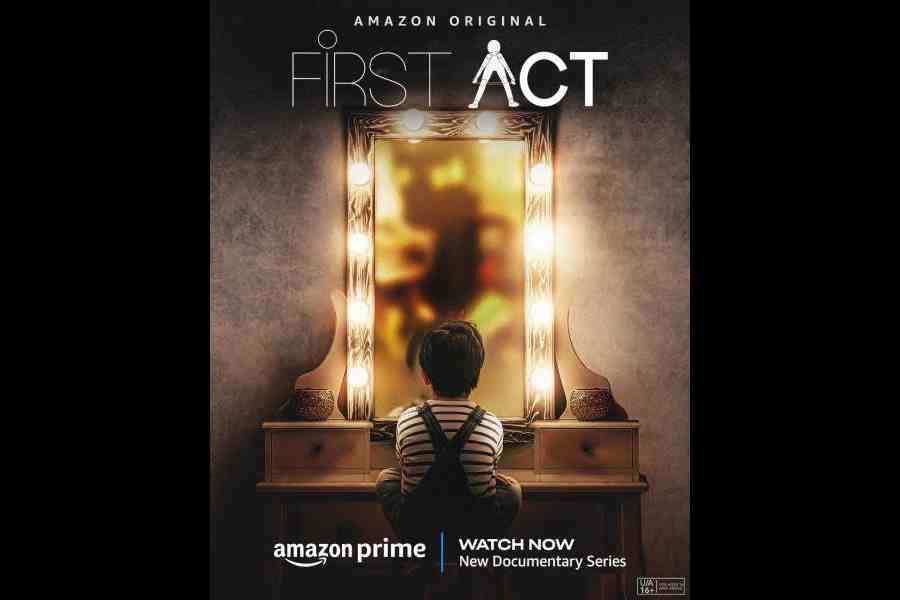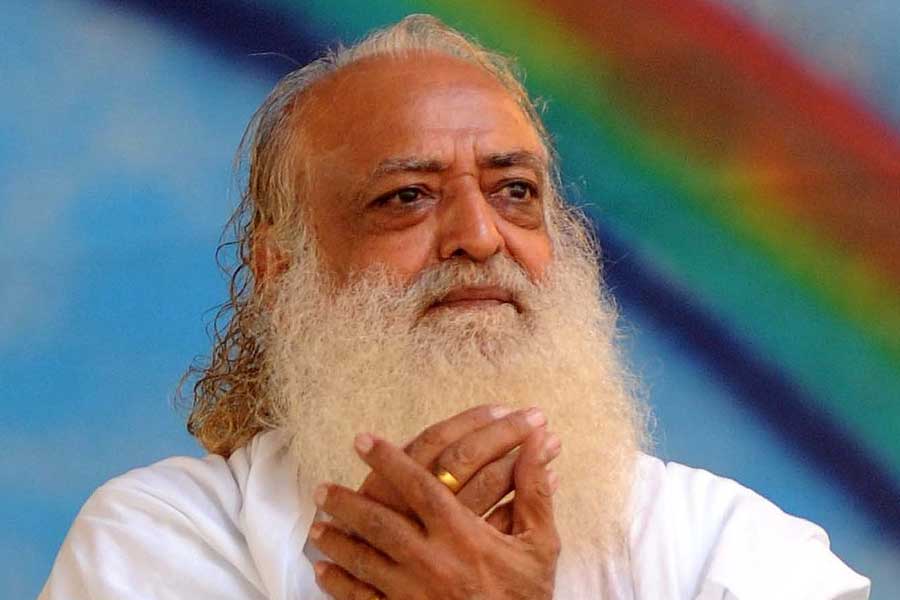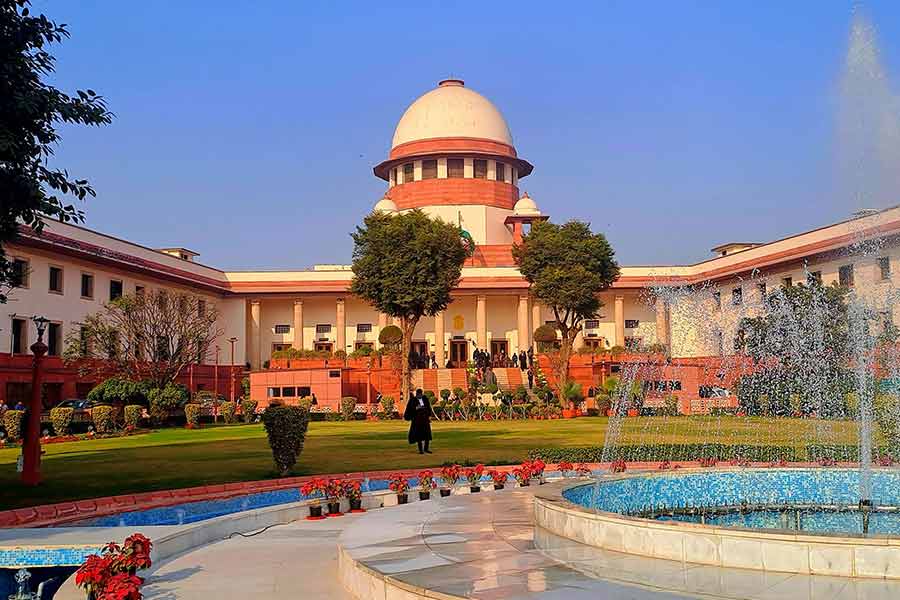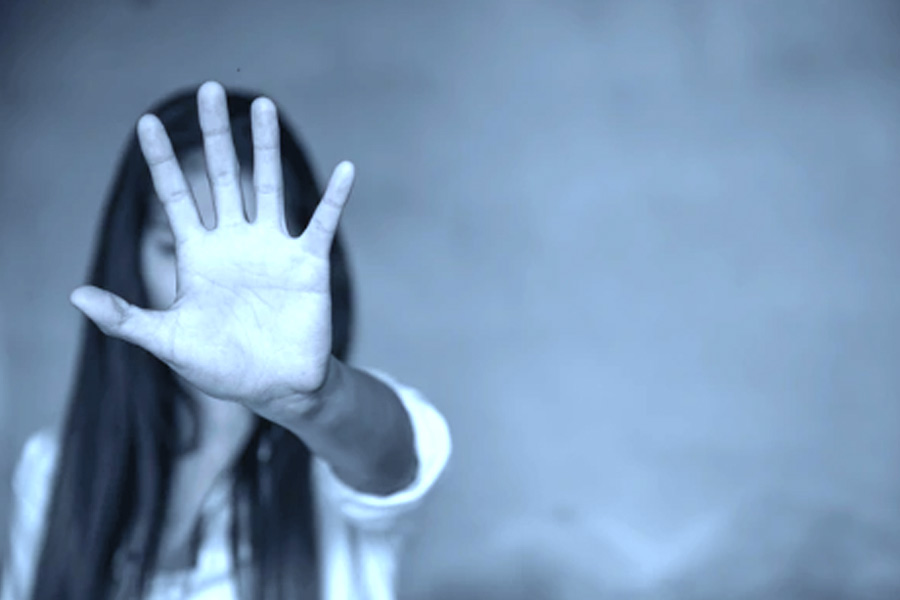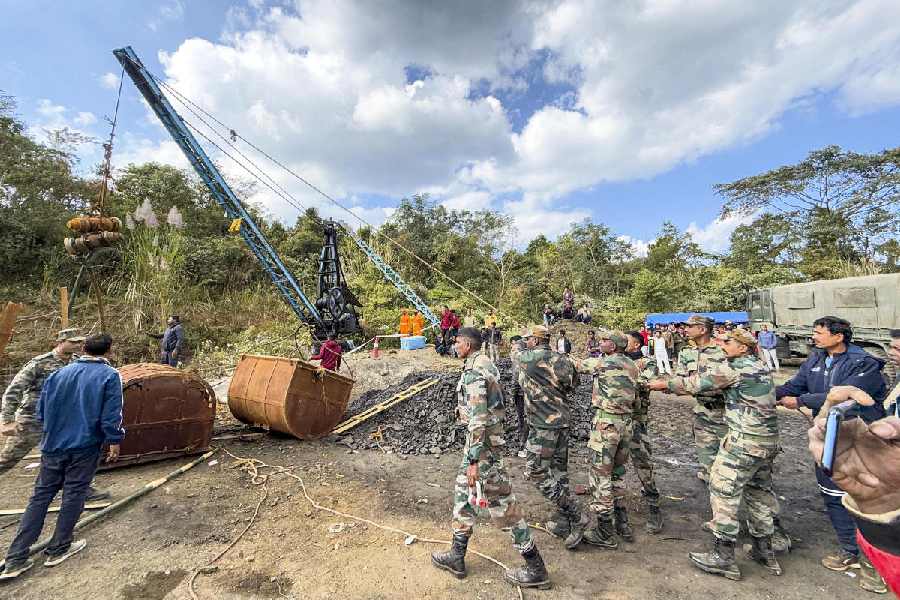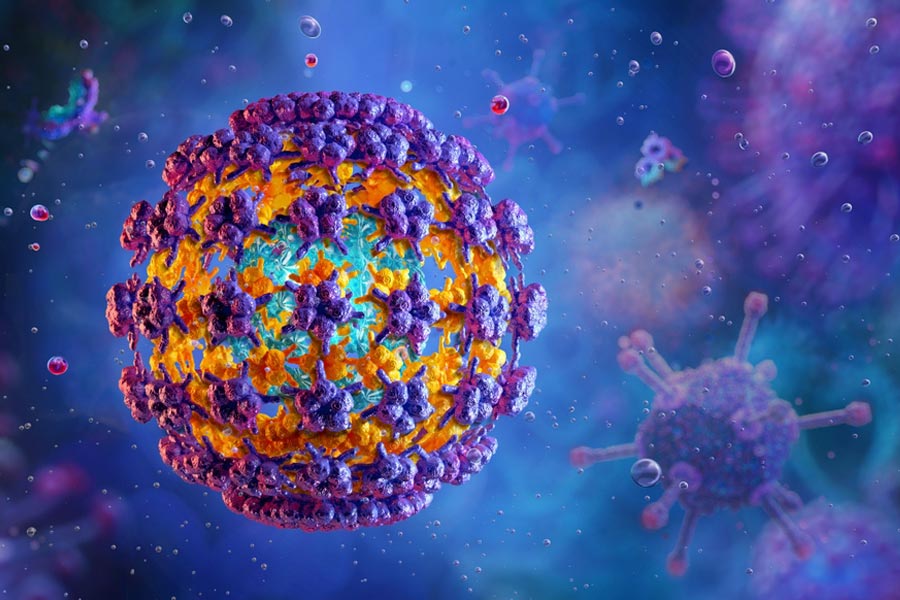First Act, a six-part docuseries on Prime Video, looks at the positives and the negatives of the world of child actors. t2 chatted with director Deepa Bhatia about the show and more.
When I first heard about First Act, I was surprised that no one had thought about this concept before. What made you want to explore this idea?
Our first experience of working with children was Taare Zameen Par. We saw how films are made with children and that made us want to rethink the process. When Amole (Gupte, husband) was directing Stanley Ka Dabba, we said that we would not pull children out of school and that there has to be an alternative way of looking at these processes. He said: ‘I want to do this but I don’t want a single child to miss school, I don’t want any auditions, I want to do it like a workshop and I will shoot it Saturday to Saturday.’ And that’s how we made First Act also.
First Act began with curiosity because we are aware of how sets are run, but I wanted to deep-dive and look at it across the microcosm of migrating families, parental dreams, and industry pressure. I wanted to see it from a 360-degree lens. When I first looked at the material, I realised that this was gold. I remember seeing how parents would bring their kids on set and push them. There was a mother coming in with a four-year-old and putting words in the child’s mouth, and I realised that there was this whole thing of their dream being thrust on their children. I thought I should explore it. I went into the show with a very open mind. I was like: ‘Let’s go and travel. Let me give it time and not rush.’ And I have to thank Amazon (Prime Video) because I have shot First Act for so long, they have given me so many days with these families and children. Things just gave away, they revealed themselves.
I began filming just on my own even before we partnered with Amazon. I just started going to these auditions and meeting casting directors and all kinds of people to get an understanding of the milieu. We were fortunate that we got their support and we could take this to some end.
If you had shot it any other way and not followed this model, then it would have gone against the idea of what you were trying to critique in the first place...
That is very true. Mostly, I would just go with the moment. I love documentary filmmaking, that has been my first love and to be able to explore First Act in a way that attracts an audience and also engages them was great. I was lucky to be able to stay away from the very things I was criticising.
What’s the reaction been like?
There is a lot of understanding and empathy for the children and what they are dealing with. We all know what happens on sets and I think there is that recognition that somebody has been on some set when something like this has happened in some or the other degree. I wanted to re-examine the relationship between such kids and their parents, which is very uneven in its power dynamic.
You are firmly entrenched in the industry and know its ins and outs. But while researching for the series, did anything take you by surprise?
I wasn’t prepared for the fact that so many parents would not have a sense of right and wrong. I thought that people would be shifty, they would know what not to say to the camera, but the fact that most of them embraced what they said broke my heart because I realised that they don’t know what is good and what is bad. I was also astonished that nobody thought it wrong to say to their children: ‘Come on you do this, I will give you a chocolate’ or ‘I will hit you, I will not take you there’. I was not prepared for that kind of transparent admission of how they go about getting things out of these children. I was crushed.
But don’t a lot of these children also love what they are doing?
Yes, a lot of them are naturals in the spotlight. They love to dance, sing and perform and, of course, there is that lovely pleasure that children get out of this. How can we deny that? They love it. But what I noticed was because we don’t curate how the children engage in this world, then some of them can also become very difficult and the power dynamic becomes uneven. Sometimes you see that they are very disrespectful to their parents. They talk down because now they kind of get it that: ‘Look I am the breadwinner.’ Such parents set up something which boomerangs.
Again, I have also seen a lot of children with talent and the desire to make it and some parents curate it all so well, they monitor it and keep it within limits. It is a beautiful profession and a beautiful chance to express yourself. If you can just take it in that measure, take the fun out of it like you go for an annual day, you work for those months, you have a performance and then get on with your life, then it is okay. Otherwise, I have seen what it is like when it goes the other way, like continuous exposure to media. Then I find that the children sometimes become difficult for their parents to handle.
What were the biggest challenges in putting this together and what made it all worth it?
I was constantly checking as to how to get my point across being as delicate as I could and that was the most important thing for me. I also wanted to connect with my audience and I was just trying to find the rhythm of the storytelling in a way that they come in and they connect with the children. The other thing was patience. We shot for nearly 200 days and truthfully being able to put the full picture out for the audience was a challenge.
In terms of your talking heads, you had Sarika who was a child actor in the ’50s and ’60s and also Jugal Hansraj who burst into the scene with Masoom in the ’80s. What do you find is the basic difference between child actors then and now?
I was talking to Sarika last night after she had watched four episodes of First Act and she said that she was surprised by the fact that nothing had changed. What we lack as an industry is that we need to be firm and protective about what goes on in our sets. That is non-negotiable anymore. When we go abroad and shoot with children, we follow the rules. We take them off-set in five hours.
Also now, because of social media and because of the need to be in the limelight, it is an accepted thing to put your children out there. Sarika says that now children are part of everything because there is much more children-driven content all over. The nature of content, because of the OTTs, can be more risky, it can be more about subjects that we didn’t normally expose them to. There is no counselling. Somebody has to counsel them, somebody has to make sure that there is no psychological pressure or damage. We have to think about these things because we are making that kind of content. There is a lot that can happen from the industry’s side in terms of information and accepting that the child doesn’t have to be the biggest star on set.

